Time for Future
Tijd voor Toekomst- Research project
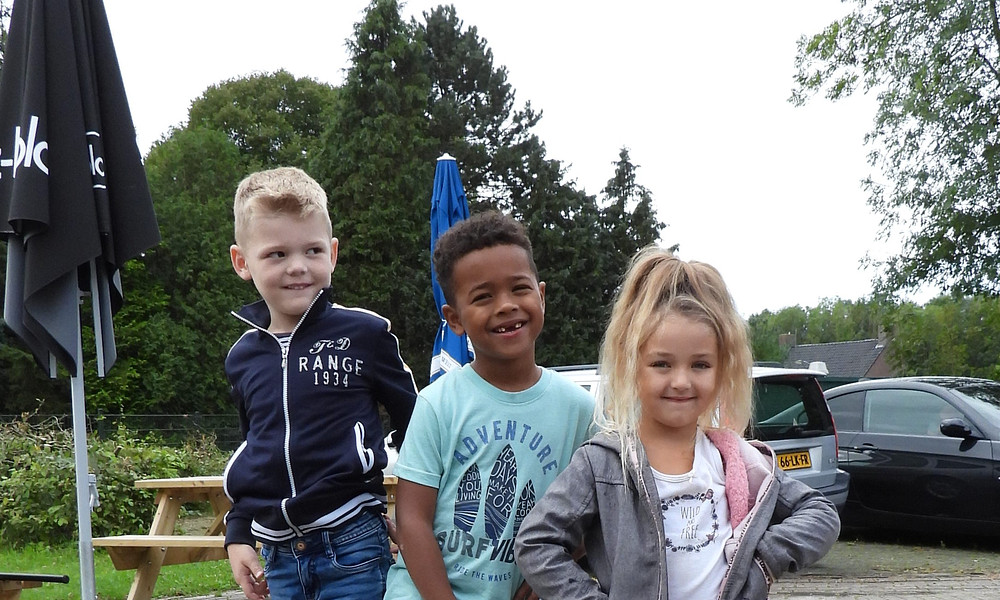
An enriched school day. A promising future for every citizen. How can every Groninger citizen live, live and work happily in our province?
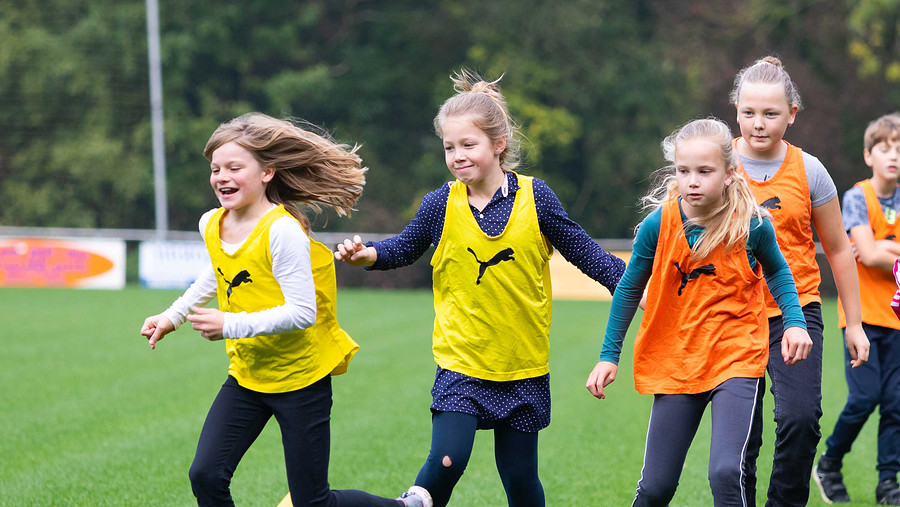
At two schools in Stadskanaal, the start of Time for the Future looked like this:
There are many initiatives to combat major issues such as poverty passed on from generation to generation, (social) loneliness, social problems and unhealthy lifestyle. Nevertheless, it is also difficult to achieve a real breakthrough in this region. Lower levels of education, reduced chance of employment, lifestyle problems and even a lower average life expectancy make for a complex web of issues. How unfair is it that a child born in East Groningen has a much smaller chance of a happy, healthy and promising life than a child born elsewhere in the Netherlands? We are tackling this problem by developing an enriched school day at primary schools in the province of Groningen. Children at a Time for the Future School are offered an enriched and extended programme of themes, such as Sport and exercise, Art and culture, Social well-being and Future Perspective. With the general aim of broadening the talents of children, improving well-being and increasing future prospects. Schools work by means of a self-chosen ambition and self-chosen themes which they offer to their children, inspired by the local context of the school. By organising cooperation with local providers, we also hope to strengthen the region.
Time for the Future is now active in all municipalities in the province of Groningen, at more than 40 schools in the city and surrounding area. Both the City and East Groningen have been designated as forerunners in the Rich School Day programme of the Central Government.
The schools that participate in Time for the Future are supported in the two-year development phase to set up the programme at their schools and to develop it into a structural day programme. They receive support from an innovation supervisor, who can help to get parties together and support them to draw up joint ambitions and evaluate pilots of the programme. A coalition supporter supplies the school with providers based on the chosen themes.
In the first two years, the schools develop two pilots in which they look at which themes and activities they want to develop further during the structural phase of the programme. In this structural phase, a programme is offered in three periods of ten weeks under and after school with enriching activities. The connection to the regular courses is also central in this structural phase.
Research is involved in several ways within Time for the Future:
1. Making available and accessible existing scientific knowledge about extended school days and equal opportunities, and to translate this into the Day Programming to be developed. An expert team of lecturers from different schools supports them in collecting and unlocking this knowledge.
2. As a means to develop a supported day programme together with the most important stakeholders in and around the school. For example, by doing a start-up analysis and by developing, implementing and evaluating a pilot.
3. In a living lab Time for the Future Oldambt, where we work on stimulating sports skills, sports participation and, in the longer term, an active healthy lifestyle of children in the municipality of Oldambt. The focus is on cooperation with local (sports) providers.
4. For monitoring and evaluating the process and the proceeds of Time for the Future.
In October 2020, the first pilot weeks were organised in which an enriched school day at pilot school OBS Houwingaham in Bad Nieuweschans was realised. Read the extensive evaluation of the pilot at OBS Houwingaham here.
Participating schools are followed for two years on the basis of questionnaires for pupils and school teams, interviews with stakeholders and other evaluation methods, conducted by innovation supervisors and researchers. We are looking for answers to the following questions:
In 2022 factsheets were developed for the schools and municipalities with the results of the process and the results after a first year of monitoring Time for the Future.
Knowledge gained in the research and practical implementation of the programme is set out in factsheets, talking points and toolboxes that support the programme in practice. In an Innovation Workshop Time for the Future, we work together with students to develop innovative solutions.
During the programme we work from a learning evaluation of Time for The Future. This means that further development is already taking place at the time of the programme and the improvement and continuation of the programme is ongoing. Municipalities and schools meet regularly for this purpose.
Stichting Openbaar Onderwijs Oost Groningen, Stichting Openbaar Onderwijs Marenland, Noordkwartier, SKSG, GGD, Hanzehogeschool Groningen, from the overarching research group Jeugd, Educatie en Samenleving, Huis voor de Sport Groningen, HANNN, Menzis, JOGG NL and Centre of Expertise Healthy Ageing. Other organisations can also join in.
The Time for Future project is made possible by interaction between schools, providers (regional, provincial and national), municipalities and the province of Groningen. The project team consists of:
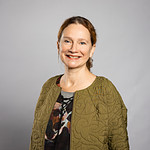
Lector Curious Minds
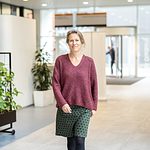
Lector Jeugd & Leefomgeving
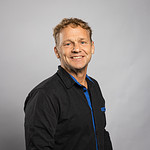
Lector Bewegingsonderwijs en Jeugdsport
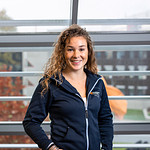
Docentonderzoeker
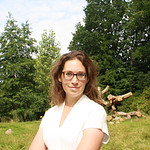
Docentonderzoeker
Docentonderzoeker
How satisfied are you with the information on this page?